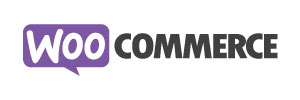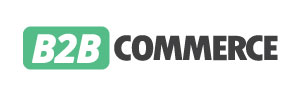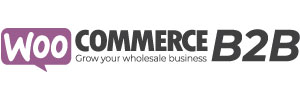B2B purchasers are getting younger as baby boomers retire leaving unfilled positions in top monitoring tasks. These younger decision-makers are much more comfy with modern technology, as well as they expect advanced digital attributes when they buy items. about fifty percent of customers are millennials, and also 42 percent of all purchasers utilize smart phones to place orders. [1] B2B eCommerce Sage Business Cloud integration automates most organization procedures consisting of ERP software application, magazine management, client relationship management software program and also information assimilation to offer a seamless customer experience. The following 10 benefits are several of the leading advantages of a Clearness Connect-powered assimilation:
1. Automated Sage Business Cloud to B2B Processes
B2B eCommerce integration makes it possible for a host of automated features that consist of:
- Orders download instantly into Sage Business Cloud
- Updates of order condition, real-time inventory between Sage and the B2B platform
- Surveillance of stock levels as well as triggering alerts when appropriate
- Moving on-line repayment details to Sage Business Cloud
- Distributing orders to offline satisfaction orders for drop shipping
2. Syncing Product Supply Across Several Warehouses
Syncing product supply across numerous warehouses as well as brick-and-mortar stores can be challenging without full Sage Business Cloud B2B integration. Integration makes it possible for all item details, prices and also directory updates to be transferred to the B2B storefront. Multiple storehouses can be incorporated so that orders are sent to the closest storage facility for satisfaction.
3. Confirming New Sage Business Cloud B2B Accounts
The interesting aspect of Sage Business Cloud B2B integration is that it needs a robust API layer, which is outside the company’s firewall software. This adds an additional layer of security and enables exterior validation processes for brand-new customers as well as BI information before they’re approved into the inner system. For example, a new consumer can be checked out for credit rating worthiness and authenticity. Clients can also be divided into retailers, suppliers, wholesalers and also VIPs that may need personal attention. Outside data can be validated prior to the information messages to internal data sources.
4. Custom-made Pricing Options
Competitors among B2B business is intense, and smart business try to comply with the customer trip carefully to gain understandings. If a client takes a look at a product as well as balks at the rate, it makes good sense to supply special rates tiers for bulk orders. Companies may wish to supply a rate break to clients who have a background of positioning frequent orders. integration manages multi-tier prices seamlessly. Personalized quotes are instantly used if they haven’t ended. Special incorporated formulas can supply vibrant pricing that weighs consumer value as well as kind (i.e. reseller, VAR, representative, VIP, and so on).
5. Customization for every Sage Business Cloud Client
Curating web content for customers has become important. Sage Business Cloud B2B customers don’t intend to invest a great deal of time wading through items that they don’t take care of. Integration permits sophisticated customization. B2B organizations with large catalogs can shed earnings if they do not compartmentalize in sub-catalogs. Customization is likewise essential for supplying targeted advertising messages based on various details such as time of year, special sales, new items and also customer preferences.
Contact Storehub.io today for a consultation
See also:
How do I integrate Sage Business Cloud and WooCommerce in the UK?
4 Obstacles to eCommerce Integration With Sage Business Cloud












